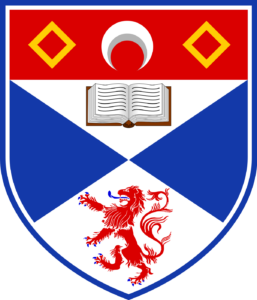Professor Todd Butler (Washington State) will be visiting the Institute’s Centre for Medieval and Early Modern Law and Literature (CMEMLL) from 28-29 March.
On Monday 28 March at 4pm in the Lawson Lecture Room, Kennedy Hall, School of English, Todd will lead a masterclass on the following materials (available for download here):
Anon – A True Report of the Araignment, Tryall, Conviction, and Demnation of a Popish Priest (1607).
Todd Butler, ‘Equivocation, Cognition, and Political Authority in Early Modern England’ (2012).
This masterclass is intended mainly for the benefit of postgraduate and early career researchers, but all interested parties are welcome. After the session, we will be joining Todd for dinner at Zizzi’s. All parties who wish to attend should RSVP to Toria Johnson ([email protected]) and attend at their own expense.
On Tuesday 29 March at 5.15pm, again in the Lawson Lecture Room, Kennedy Hall, School of English, Todd will give a lecture entitled ‘Milton, Deliberative Liberty, and the Law of Spousal Privileges’. The abstract for this talk is as follows:
Placing John Milton’s divorce tracts within the broader context of both seventeenth-century marriage manuals and modern rules regarding spousal testimony at law, this paper argues that Milton’s particular interest in maintaining the privacy of marital conversation illumines not only the course of legal and familial history but also the fundamental—and potentially flawed—assumptions of contemporary political liberalism. While the arguments of Milton and other seventeenth-century advice writers helped spur courts to exclude spousal testimony on the basis of marital harmony rather than just masculine headship, an examination of modern legal scholarship on spousal privileges also reveals a fundamental tension in Milton’s tracts regarding the expression of self-interest, one that demonstrates the difficulty both Milton and modern theorists such as Jürgen Habermas have in accommodating distinctions of gender within not only early modern marriage but also constructions of the modern liberal subject.
